 https://steponecharity.co.uk/wp-content/uploads/2025/09/Website-News-Headers-2024-1.png
355
700
Isaac Mann
https://steponecharity.co.uk/wp-content/uploads/2024/02/step-one-wellbeing.svg
Isaac Mann2025-09-12 09:52:112025-09-12 09:52:11Walking for a Cause: The Journey Behind the 300,000 Steps
https://steponecharity.co.uk/wp-content/uploads/2025/09/Website-News-Headers-2024-1.png
355
700
Isaac Mann
https://steponecharity.co.uk/wp-content/uploads/2024/02/step-one-wellbeing.svg
Isaac Mann2025-09-12 09:52:112025-09-12 09:52:11Walking for a Cause: The Journey Behind the 300,000 StepsTo cope with difficult situations, some people turn to alcohol. But in turn, excessive alcohol consumption can have an impact on our mental health. Read on to learn about the relationship between alcohol and mental health and where to go if you need help.
According to the NHS, 358,000 admissions to hospital in 2018/19 were due to drinking alcohol. With the added pressure of COVID-19, provisional data shows that in 2020 there were 7,423 alcohol-specific deaths in England and Wales. This is a 19.6% increase in deaths from 2019.
With many of us drinking more, for many reasons, our relationships at home, with friends or even at work can become even tougher. So by taking control of our drinking, we can create happier relationships as well as improve our mental health and wellbeing.
Can alcohol affect my mental health?
Alcohol has been described as the ‘UK’s favourite coping mechanism’, and many of us drink to try and manage stress, anxiety, depression or any other mental health problem. This is called ‘self-medicating’.
Although alcohol can help us feel relaxed and give us a brief feeling of happiness, the effects are short-lived and the long-term negative consequences of drinking over a long period of time can be damaging:
- Overuse of alcohol can contribute to the worsening of symptoms of many mental health problems such as low mood and anxiety
- Injuries – more than 1 in 10 visits to A&E departments are because of alcohol-related illnesses
- Violence and antisocial behaviour – each year in England more than 1.2 million violent incidents are linked to alcohol misuse
- Altered perception of reality
- Paranoia
- Impaired judgement
- Cancers
- Severe withdrawal symptoms
If you rely on alcohol to manage your mental health problems, that reliance can itself become a problem. You may well find that your drinking starts to get in the way of other activities and puts a strain on your relationships – both things that can undermine your mental wellbeing.
Alcohol and depression
Alcohol is a depressant because it disrupts the chemical balance in your brain. The alcohol begins to alter the part of the brain linked with inhibition as soon as you take your first sip. That’s why having a drink might help you feel more confident and comfortable.
However, some people wonder, “Why do I feel sad after drinking alcohol?” This is due to the fact that when you consume more alcohol, something unusual may begin to occur. When your brain is exposed to excessive doses of alcohol, the pleasant effects of your first drink may be replaced by unpleasant feelings such as depression, anxiety, or anger – even if you were in a good mood when you began drinking.
For that reason, managing your alcohol intake is one way of reducing your risk of developing depression. If you do experience depression, reducing the amount you drink may help to manage symptoms.
What to do if you are struggling?
If you are feeling nervous, depressed, or have any other mental health issues, you deserve support. You can chat with your GP by arranging an appointment today, or you can seek treatment right away at any of the following mental health support services:
- Addaction / addaction.org.uk
- Adfam / adfam.org.uk
- Alcoholics Anonymous / alcoholics-anonymous.org.uk
- Drinkaware / drinkaware.co.uk
- DrugWise / drugwise.org.uk
- Frank / talktofrank.com
- Mind / mind.org.uk
Help us raise awareness and save lives today by sharing this news post on your social media pages.

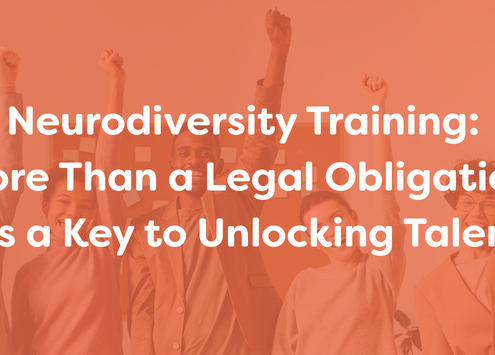
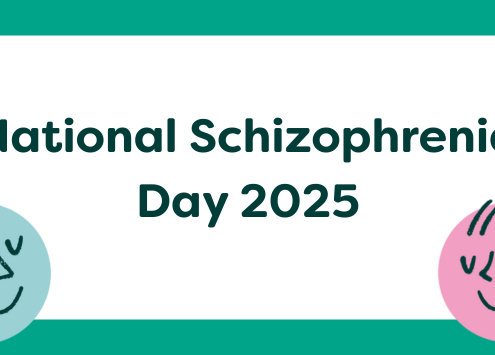
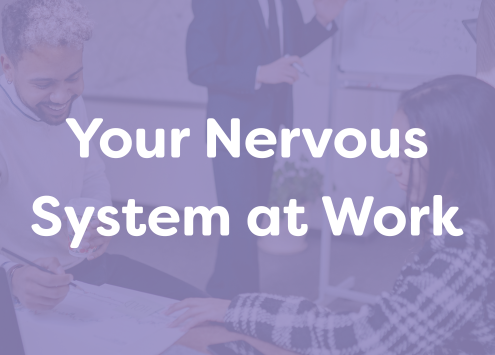
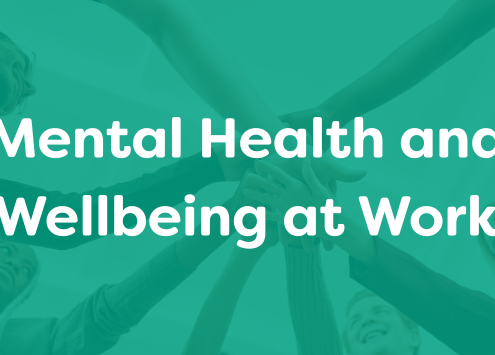

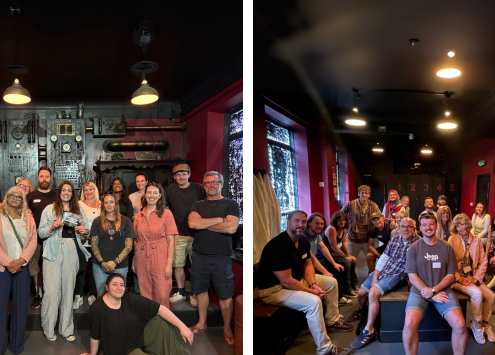
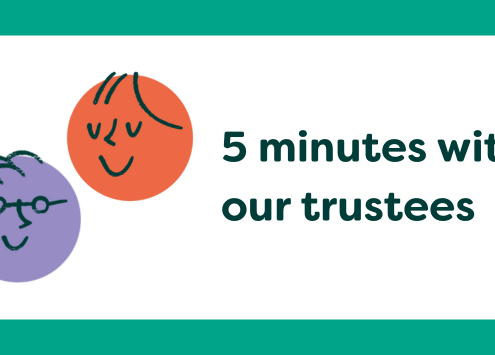
![Graphic with quote reading: “You met me at one of the most difficult times and seeing the difference you’ve made is amazing [...] Please keep doing what you do. You change lives.”](https://steponecharity.co.uk/wp-content/uploads/2025/04/Website-News-Headers-2024-33-495x355.png)

